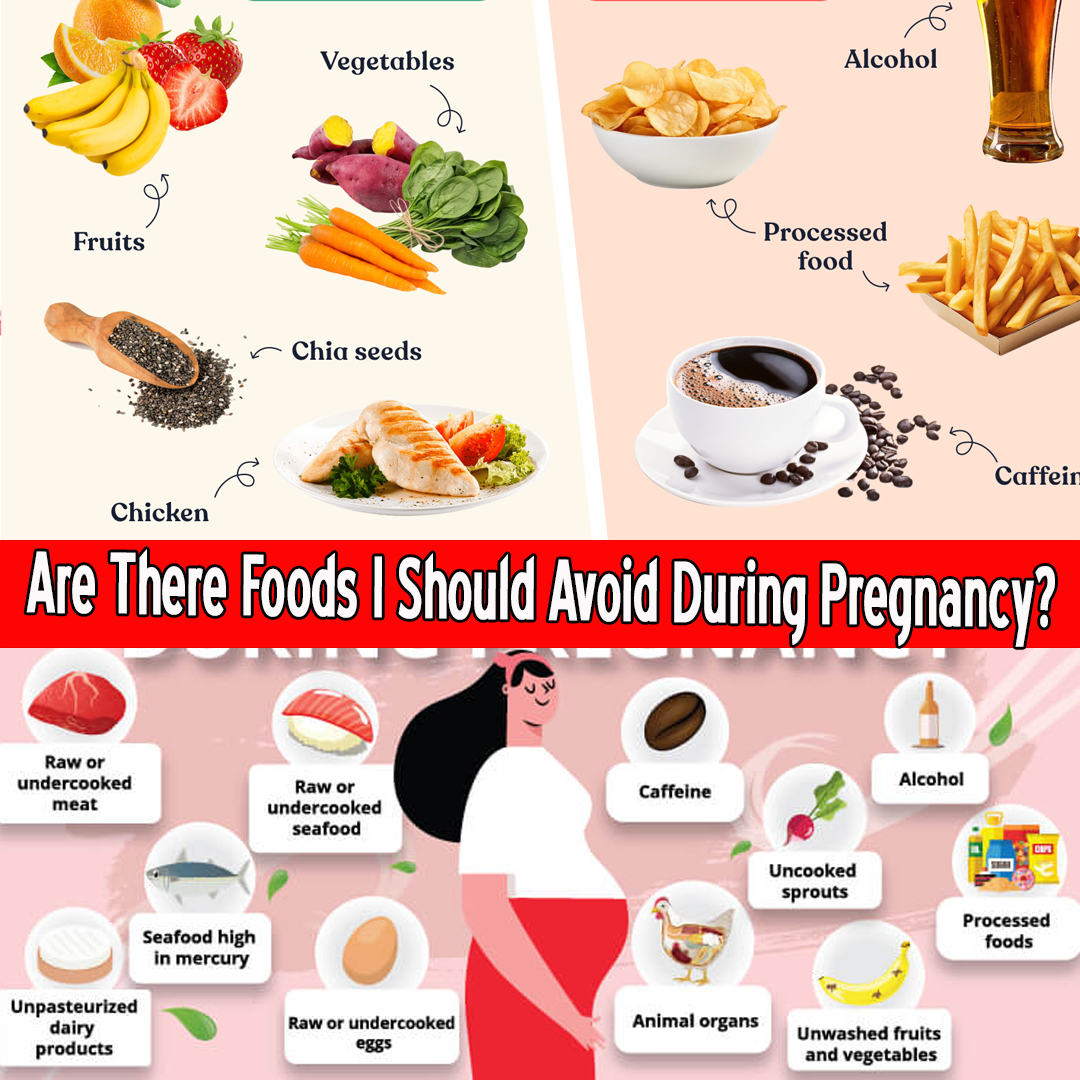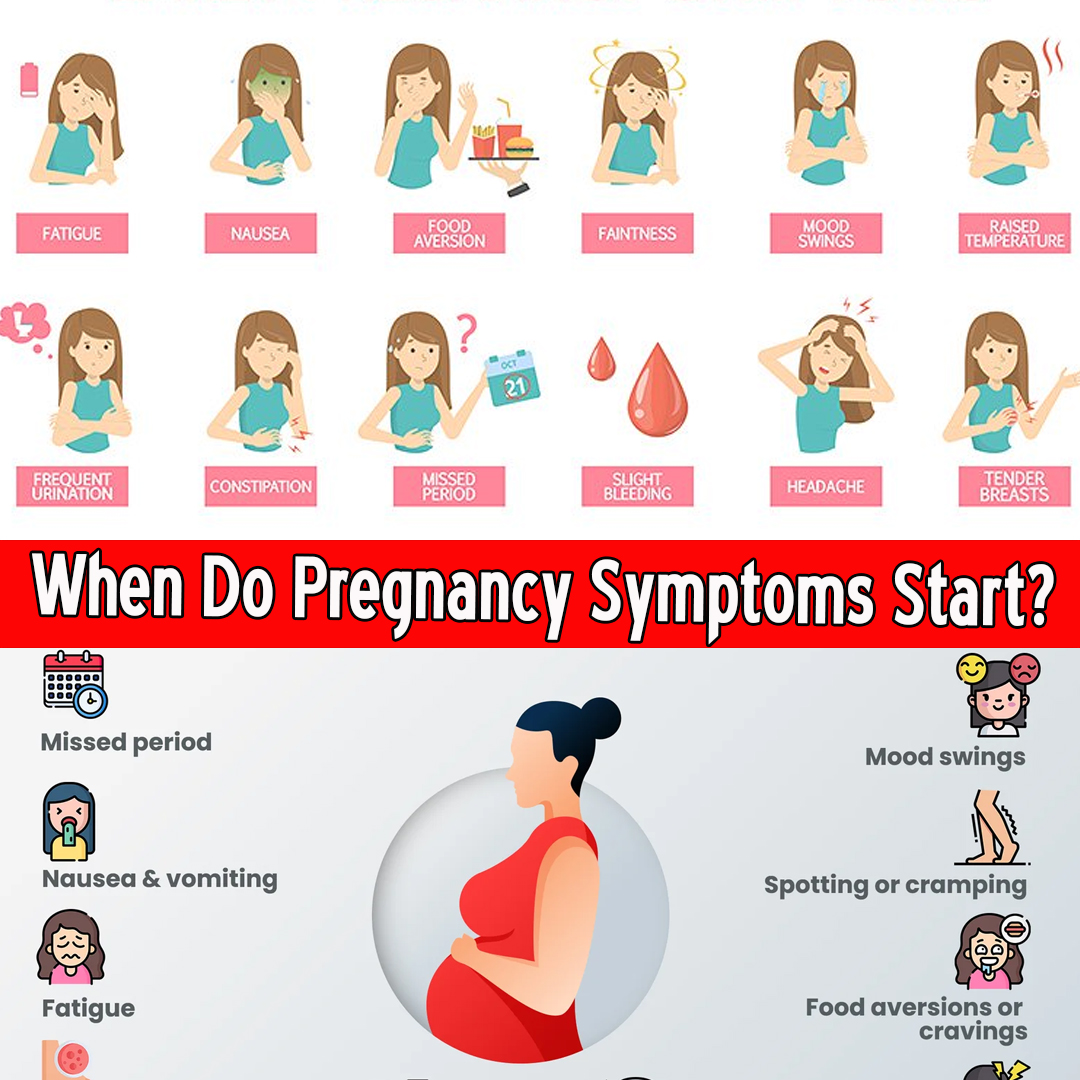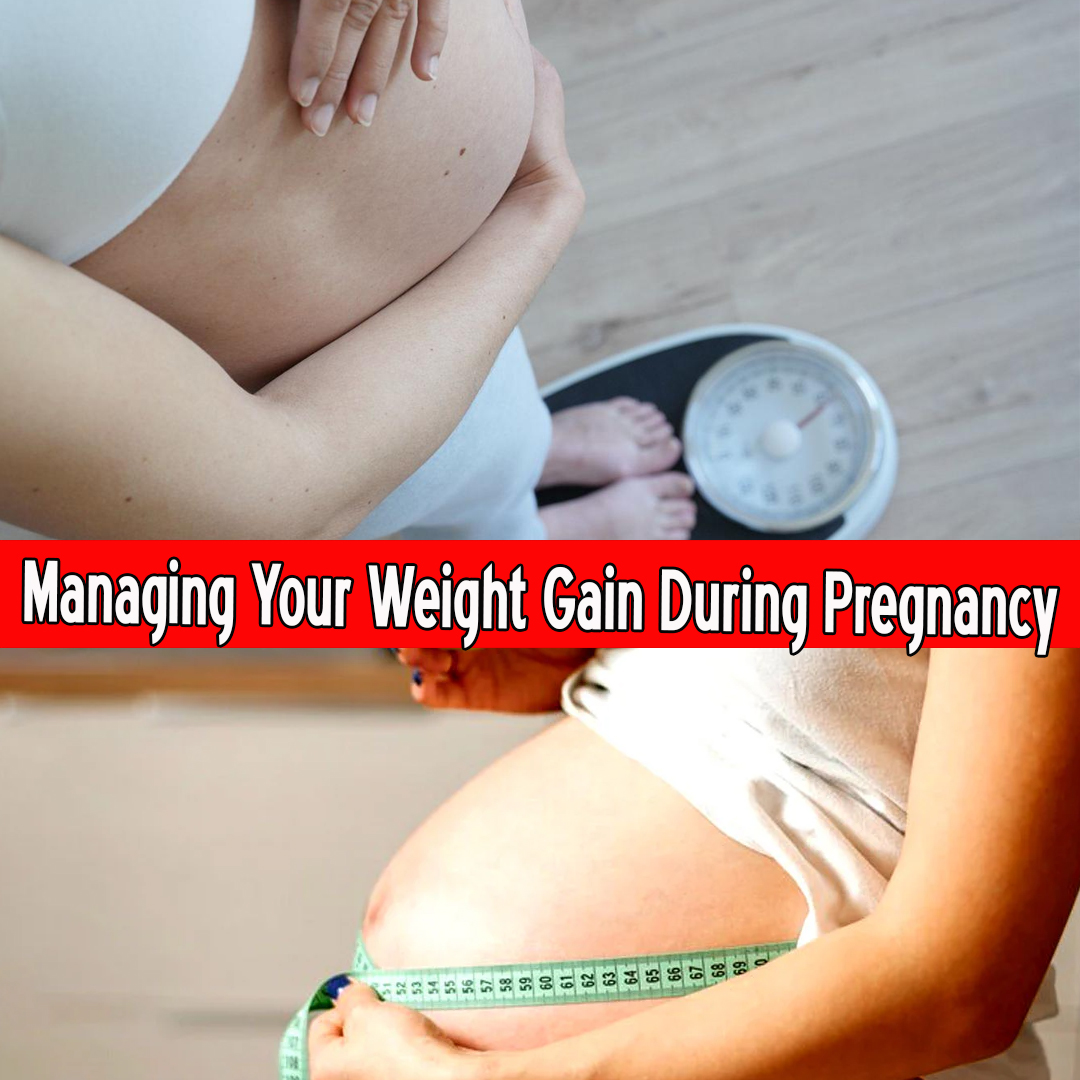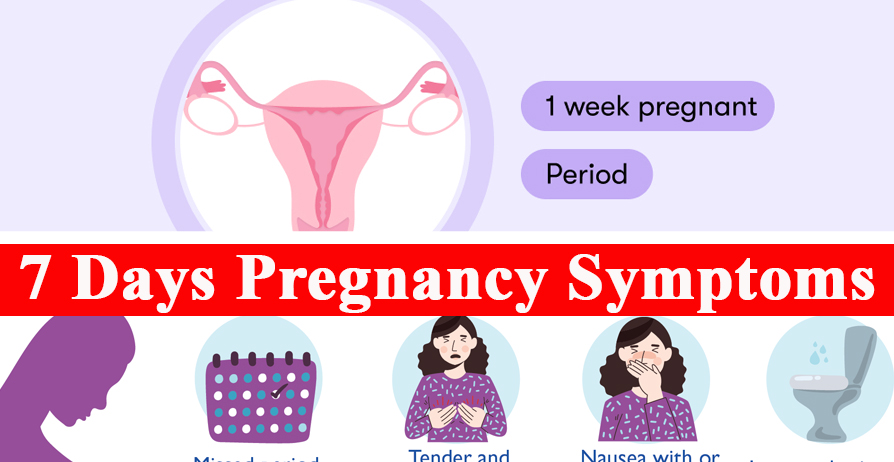Is Sex Safe During Pregnancy?
Sexual activity is a natural part of a romantic relationship, and pregnancy, though transformative, does not necessarily mean it must come to a halt. Still, the question lingers for many couples: Is sex safe during pregnancy? The short answer — in most cases — is yes. But the longer answer requires a deeper look at the different trimesters, the physical and emotional shifts, potential risks, and the importance of communication and consent. Is Sex Safe During Pregnancy?

Is Sex Safe During Pregnancy?
This comprehensive guide will walk you through everything you need to know about sex during pregnancy, helping you make informed, safe, and healthy choices.
1. Understanding the Pregnant Body
Pregnancy changes the body in many ways:
- Increased blood flow to the pelvic region
- Hormonal fluctuations that affect mood and libido
- Breasts may become more tender
- Growing uterus puts pressure on organs
These changes can enhance or reduce sexual desire. Each woman’s experience is unique — some find sex more pleasurable, while others feel discomfort or no interest.
2. Is Sex Safe During Pregnancy?
Short Answer:
Yes — for most women with uncomplicated pregnancies, sex is safe right up until delivery.
Why It’s Safe:
- The baby is protected by the amniotic sac and strong uterine muscles.
- The cervix remains tightly closed and is covered by a mucus plug.
- Semen does not harm the baby.
- Orgasms may cause uterine contractions, but these are usually mild and temporary.
When It’s NOT Safe:
Sex may be restricted by your doctor if you have:
- Placenta previa (placenta covering the cervix)
- Risk of preterm labor
- Incompetent cervix or cervical cerclage
- Unexplained vaginal bleeding
- Leaking amniotic fluid
- History of miscarriage or early labor
- Sexually transmitted infections (STIs)
Always consult your OB-GYN before resuming sexual activity if any complications arise.
3. Sex During Each Trimester
First Trimester (0–13 weeks):
- Hormonal rollercoaster may reduce libido
- Nausea, fatigue, and breast tenderness are common
- Some women experience increased sensitivity
- Light spotting post-sex can occur (from cervix irritation)
Tips:
- Communicate openly
- Be gentle
- Explore other forms of intimacy (kissing, cuddling, massage)
Second Trimester (14–26 weeks):
- Often called the “honeymoon trimester”
- Nausea subsides, energy returns
- Increased blood flow can heighten arousal and orgasm intensity
- Many women report enhanced sexual pleasure
Tips:
- Experiment with positions that are comfortable
- Use pillows for support
- Try side-by-side or woman-on-top positions to avoid abdominal pressure
Third Trimester (27–40 weeks):
- Physical discomfort increases
- Body image issues may impact desire
- Some women enjoy sex; others prefer abstinence
Tips:
- Avoid lying flat on your back
- Try spooning, sitting, or standing positions
- Focus on emotional connection over intercourse
4. Positions That Work Best During Pregnancy
As the belly grows, traditional positions may not work. Here are some safe and comfortable alternatives:
| Position | Why It Works |
|---|---|
| Side-by-side (spooning) | Reduces pressure on the abdomen |
| Woman-on-top | Allows control over depth and movement |
| Edge of bed | Partner stands or kneels while you lie near the edge |
| Doggy style (modified) | Comfortable if not too deep; use cushions for support |
Avoid:
- Lying flat on your back after the first trimester (can compress major blood vessels)
- Positions that cause discomfort or require heavy lifting
5. Emotional and Psychological Aspects
Pregnancy stirs powerful emotions, including:
- Joy and anticipation
- Anxiety and insecurity
- Body image concerns
- Fear of harming the baby
For Women:
- Some may feel sexy and empowered
- Others may feel unattractive, tired, or anxious
For Men:
- Some feel more attracted to their pregnant partner
- Others may worry about the baby’s safety or fear hurting their partner
Solution: Open communication is key. Talk about feelings, expectations, and needs. Reassure each other and prioritize emotional intimacy.
6. What If You Don’t Feel Like Having Sex?
It’s okay to not feel interested. Pregnancy is physically and emotionally draining. Just because sex is safe doesn’t mean you’re obligated.
Alternatives:
- Massages
- Cuddling
- Holding hands
- Deep conversation
- Watching movies together
- Mutual masturbation
Sexual connection is about closeness, not just intercourse.
7. Orgasms During Pregnancy: Are They Safe?
Yes, orgasms are safe in most pregnancies. They may cause:
- Uterine contractions (called Braxton Hicks)
- Mild cramping
- Increased vaginal discharge
When to Worry:
- Painful contractions
- Prolonged cramping
- Vaginal bleeding after orgasm
If any of these occur, call your doctor immediately.
8. Can Sex Induce Labor?
In late pregnancy, some believe sex can help induce labor. Semen contains prostaglandins, which soften the cervix. Orgasms can cause uterine contractions.
What the research says:
- Mixed evidence
- Generally safe if past 37 weeks
- May help a “ready” cervix but won’t force labor if the body isn’t prepared
Important: Never try to induce labor without medical guidance.
9. Sexually Transmitted Infections (STIs) During Pregnancy
STIs pose serious risks to both the mother and fetus.
STIs can cause:
- Preterm labor
- Low birth weight
- Infections in the baby
- Miscarriage or stillbirth
Prevention:
- Get tested early in pregnancy
- Practice safe sex if you or your partner is at risk
- Use condoms if necessary
10. When to Contact Your Doctor
Sex during pregnancy may cause some normal changes, but contact your doctor if you notice:
- Heavy bleeding
- Painful or prolonged cramps
- Leaking fluid
- Fever
- Dizziness
- Burning or discomfort during urination or intercourse
It’s better to be cautious than ignore a potential complication.
11. Myths vs. Facts About Pregnancy and Sex
| Myth | Fact |
|---|---|
| Sex will harm the baby | The baby is well-protected and doesn’t feel pain during intercourse |
| Orgasms can cause miscarriage | Not in normal pregnancies — they are perfectly safe |
| You’ll lose your desire | Libido varies; many women feel more aroused |
| Partners should avoid touching the belly | It’s completely fine unless the mother is uncomfortable |
| Sex is off-limits for 9 months | Most couples can have sex until delivery if no complications |
12. Sex After Miscarriage or Complications
- Wait for at least 2 weeks after a miscarriage or D&C
- Get emotional and physical clearance from your doctor
- Talk about fears or anxiety with your partner or a counselor
13. Postpartum Sex: A Brief Overview
While outside the scope of pregnancy, it’s important to know:
- Most doctors recommend waiting 6 weeks after delivery
- Hormones and breastfeeding may affect libido and vaginal dryness
- Use lubrication and go slow
- Talk openly with your partner about fears or pain
14. LGBTQ+ and Nontraditional Relationships
Sexual safety applies to all relationships:
- Same-sex couples face similar physical challenges in pregnancy
- Donor insemination or IVF doesn’t eliminate the need for emotional and physical intimacy
- All partners should be aware of the pregnant individual’s needs and comfort
15. Summary Checklist: Safe Sex During Pregnancy
✅ Get medical clearance from your OB-GYN
✅ Communicate openly with your partner
✅ Choose comfortable positions
✅ Listen to your body — don’t push through discomfort
✅ Use protection if there’s a risk of STIs
✅ Be aware of symptoms that require medical attention
✅ Remember — sex is just one way to maintain intimacy
Conclusion
Sex during pregnancy is safe, healthy, and often beneficial for both physical and emotional bonding — as long as your pregnancy is free of complications. The key lies in communication, comfort, and respect. Every pregnancy is unique, and so is every couple’s experience with intimacy. If you and your partner feel good, supported, and are cleared by your doctor, then sex can be a natural and enjoyable part of your journey to parenthood.















Leave a Reply